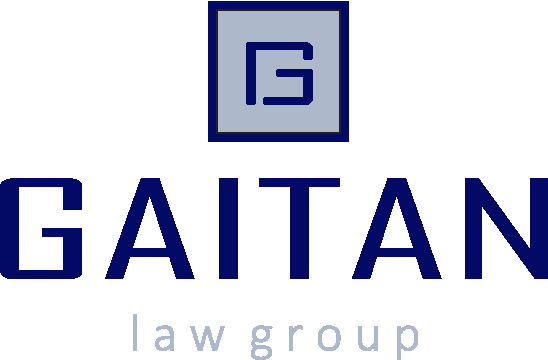Earlier today, the U.S. Food and Drug Administration (FDA) announced the publication of two proposed rules, as part of the implementation of the Food Safety Modernization Act (FSMA). The proposed rules address the “Foreign Supplier Verification Programs for Importers of Food for Humans and Animals” (FSVP) and ” Accreditation of Third-party Auditors”, aimed at ensuring that imported food meets the same safety standards as those produced domestically.
FSMA, signed into law in 2011, is the first major overhaul of U.S. food safety regulations since the 1938 Food, Drug and Cosmetic Act (FDCA). FSMA enables FDA to take a more proactive approach to food safety, giving the FDA new authority to prevent food safety outbreaks and greater enforcement powers to correct noncompliance. FDA’s proposed FSVP rule requires food importers to take greater responsibility over imported foods introduced into the U.S. market.
Prior to FSMA, FDA has borne the burden of discovering noncompliance at the port through its inspection operations. However, in today’s global marketplace where approximately 50 percent (50%) of fresh fruits, 20 percent (20%) of fresh vegetables, and 80 percent (80%) of seafood consumed by Americans is imported, expecting the FDA to single-handedly stop the importation of adulterated or misbranded foods is unrealistic. The FSVP and third-party accreditation programs respond to the challenges of food safety in today’s global food system — modernizing the food safety system for the 21st century.
In today’s Press Release the FDA explained the two initiatives and their impact, stating, in pertinent part:
Under the proposed rules, importers would be accountable for verifying that their foreign suppliers are implementing modern, prevention-oriented food safety practices, and achieving the same level of food safety as domestic growers and processors. The FDA is also proposing rules to strengthen the quality, objectivity, and transparency of foreign food safety audits on which many food companies and importers currently rely to help manage the safety of their global food supply chains.
“We must work toward global solutions to food safety so that whether you serve your family food grown locally or imported you can be confident that it is safe,” said FDA Commissioner Margaret A. Hamburg, M.D. “Today’s announcement of these two new proposed rules will help to meet the challenges of our complex global food supply system. Our success will depend in large part on partnerships across nations, industries, and business sectors.”
Under the proposed regulations for Foreign Supplier Verification Programs (FSVP), U.S. importers would, for the first time, have a clearly defined responsibility to verify that their suppliers produce food to meet U.S. food safety requirements. In general, importers would be required to have a plan for imported food, including identifying hazards associated with each food that are reasonably likely to occur. Importers would be required to conduct activities that provide adequate assurances that these identified hazards are being adequately controlled.
“FSMA provides the FDA with a modern tool kit that shifts the paradigm for imports, as well as domestic foods, from a strategy of reaction to one of systematic prevention,” said Michael R. Taylor, deputy commissioner for foods and veterinary medicine. “Rather than relying primarily on FDA investigators at the ports to detect and respond to food safety problems, importers would, for the first time, be held accountable for verifying, in a manner transparent to the FDA, that the food they import is safe.”
FSMA also directs the FDA to establish a program for the Accreditation of Third-Party Auditors for imported food. Under this proposed rule, the FDA would recognize accreditation bodies based on certain criteria such as competency and impartiality. The accreditation bodies, which could be foreign government agencies or private companies, would in turn accredit third-party auditors to audit and issue certifications for foreign food facilities and food, under certain circumstances.
Importers will not generally be required to obtain certifications, but certifications may be used by the FDA to determine whether to admit certain imported food that poses a safety risk into the United States. The
FSVP proposed rule and the
third-party accreditation proposed rule are available for public comment for the next 120 days. The two proposed rules will help the FDA create an integrated import oversight system that works efficiently to improve food safety and protect the public health.
In January 2013, FDA released two other proposed rules which cover
preventive controls and
produce safety standards. Just last month, the FDA published a handful of documents on its new
FSMA produce safety rule webpage, “Resources for Farmers” section. These resources are targeted to small and medium size growers who historically have not been regulated by the FDA. Amidst much confusion over the impact and applicability of these proposed rules, the comment period has been extended until September 16, 2013. The FDA intends to grant a 60-day final extension in light of the two proposals announced today.
For more information abput the proposed rules and their potential impact on your company, please contact Ann Marie Gaitan at
amg@suarezgaitanlaw.com or via telephone at 305.443.8900.
